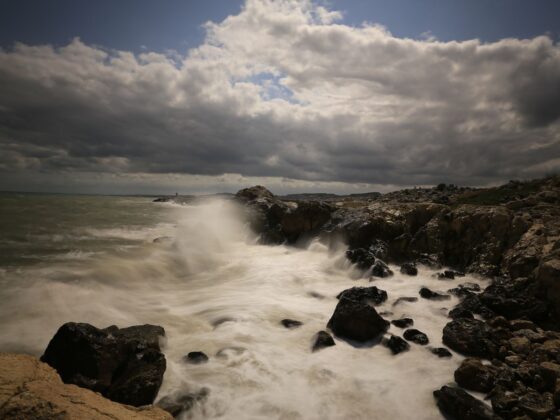Doctors from the All India Institute of Medical Sciences (AIIMS) in New Delhi gatheedr in the national capital on Saturday, August 31, to protest against the brutal rape and murder of a fellow doctor at RG Kar Medical College and Hospital in West Bengal. This protest was part of a broader movement by the medical community in India to demand justice and better protection for healthcare professionals, especially women, who have faced repeated physical and sexual assaults while on duty.
Peaceful Protest at Jantar Mantar
The Vice President of the Federation of All India Medical Associations (FAIMA) and senior resident doctor at AIIMS-New Delhi, Dr. Suvrankar Datta, announced the protest, stressing that it would be a peaceful demonstration. “We are organizing a large peaceful protest at Jantar Mantar on August 31 to seek justice for our colleague at RG Kar Medical College in West Bengal,” Dr. Suvrankar Datta said in a statement to the media.
Call for Nationwide Protection Act
In response to the alarming increase in violence against medical professionals, the medical fraternity is urging the Union government to implement a nationwide protection Act specifically designed to safeguard healthcare workers. Dr. Datta stressed the importance of this legal measure, saying, “We call on the Central Government to implement a nationwide protection Act for healthcare professionals to prevent violence.”
Appeal to the Medical Community
The protest took place at Jantar Mantar from 3 P.M. to 5 P.M. on Saturday, and the organizers had appealed to doctors across the country to join them. Dr. Datta highlighted the significance of this gathering ahead of an important Supreme Court hearing on September 5. “Ahead of the Supreme Court hearing on September 5, I urge doctors to join us at Jantar Mantar from 3 P.M. to 5 P.M. on Saturday. We want to demonstrate our unity and demand increased security in hospitals across the country,” he said.
Nationwide Impact of the Tragedy
The horrific incident in Kolkata has already led to strikes and protests by doctors nationwide. These strikes had a significant impact on medical services, with many facilities being affected. However, the doctors returned to work after the Supreme Court of India intervened on August 22. The court urged doctors to resume their duties while assuring them that no adverse action would be taken against those who had participated in the protests. The Supreme Court’s intervention provided a temporary resolution, but the demand for justice and better protection remains a pressing issue.











